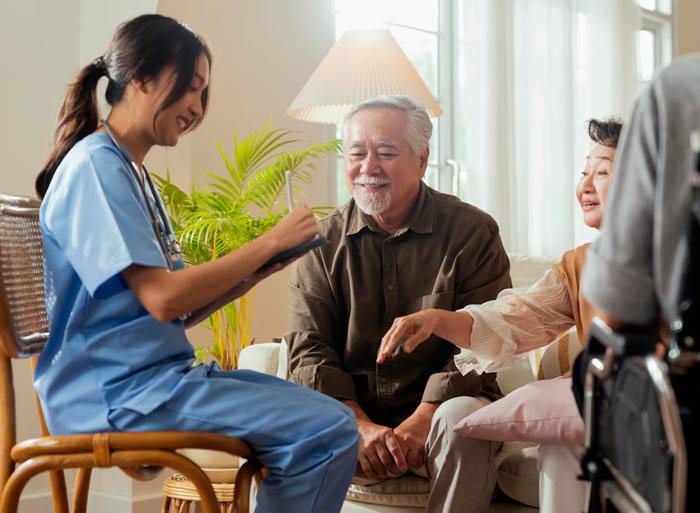
In the realm of health care, personal care assistance (PCA) plays a crucial role in improving the quality of life for individuals who require extra support in their daily activities. Whether due to aging, disability, or illness, many people benefit immensely from the compassionate care provided by personal care assistants.
What is Personal Care Assistance?
Personal care assistance involves non-medical support services designed to help individuals with essential daily tasks. These services include bathing, dressing, grooming, toileting, mobility support, and meal preparation. PCAs also provide companionship, emotional support, and assistance with light housekeeping to create a comfortable living environment.
Who Needs Personal Care Assistance?
Personal care assistance is essential for individuals with chronic illnesses, disabilities, or age-related limitations. Seniors who want to maintain their independence at home, patients recovering from surgery, and individuals with mobility challenges often rely on PCAs to help them navigate their daily routines safely and comfortably.
Benefits of Personal Care Assistance
- Enhanced Independence – PCAs help individuals maintain autonomy by assisting with daily tasks while encouraging self-reliance.
- Improved Quality of Life – Compassionate care enhances emotional well-being and reduces feelings of isolation.
- Safety and Comfort – Trained assistants reduce the risk of falls and injuries by providing mobility support and supervision.
- Family Support – Families gain peace of mind knowing their loved ones are in good hands, allowing them to focus on work and personal responsibilities.
Conclusion
Personal care assistance is a vital component of health care, ensuring individuals receive the support they need to live with dignity and comfort. As demand for these services grows, professional PCAs continue to make a meaningful impact on countless lives through their dedicated and compassionate care.
